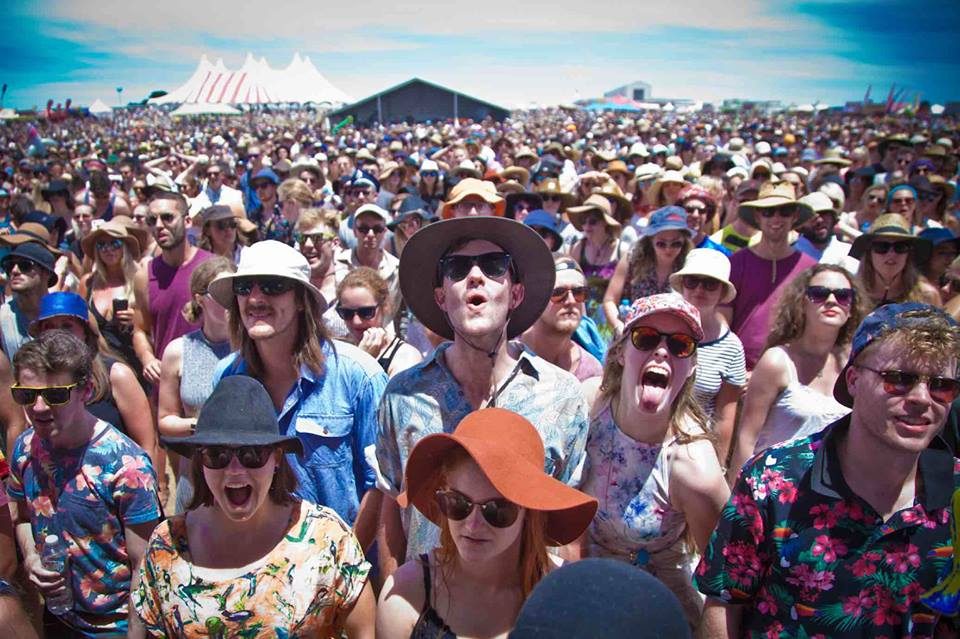HAIM Fired Their Agent After They Were Paid Ten Times Less Than A Male Act At The Same Festival
“It’s scary out there."

HAIM have revealed they fired their booking agent after they discovered they were paid ten times less than a male act on the same music festival bill.
Talking to Grazia (via NME), the trio of sisters declined to detail which festival it was, but explained they had accepted the lower fee as the slot had been sold to them as a strategic promotional opportunity.
“We had been told that our fee was very low because you played at the festival in the hope you’d get played on the radio,” Danielle Haim told Grazia.
”We didn’t think twice about it, but we later found out that someone was getting paid 10 times more than us. And because of that we fired our agent.”
Unfortunately, HAIM’s experiences prove the rule, rather than the exception — even given that their sophomore album Something To Tell You was a commercial and critical success, placing on several best of 2017 lists.
“It’s scary out there and it’s fucked up,” Alana Haim added. “It’s fucked up not even to be paid half the same amount. But to be paid a tenth of that amount of money? It was insane.”
Across the wider music industry, female and non-binary identifying people are paid significantly less, unlikely to be recognised for awards, and struggle to get their foot into the studio door.
According to a study by the University Of Southern California, only 12 percent of songs on the US Billboard Hot 100 charts from 2012 to 2017 were written by females, while a staggering 96 percent of the chart’s producer credits were males. Closer to home, the numbers are equally disparaging.
Earlier this year, Australian festivals came under fire for failing to curate diverse lineups after triple j’s ‘By The Numbers’ report found no major Australian festivals had a gender representative line-up.
Recently, 85 music festivals and conferences across the globe committed to reaching a 50/50 gender balance across their lineups by 2022.
